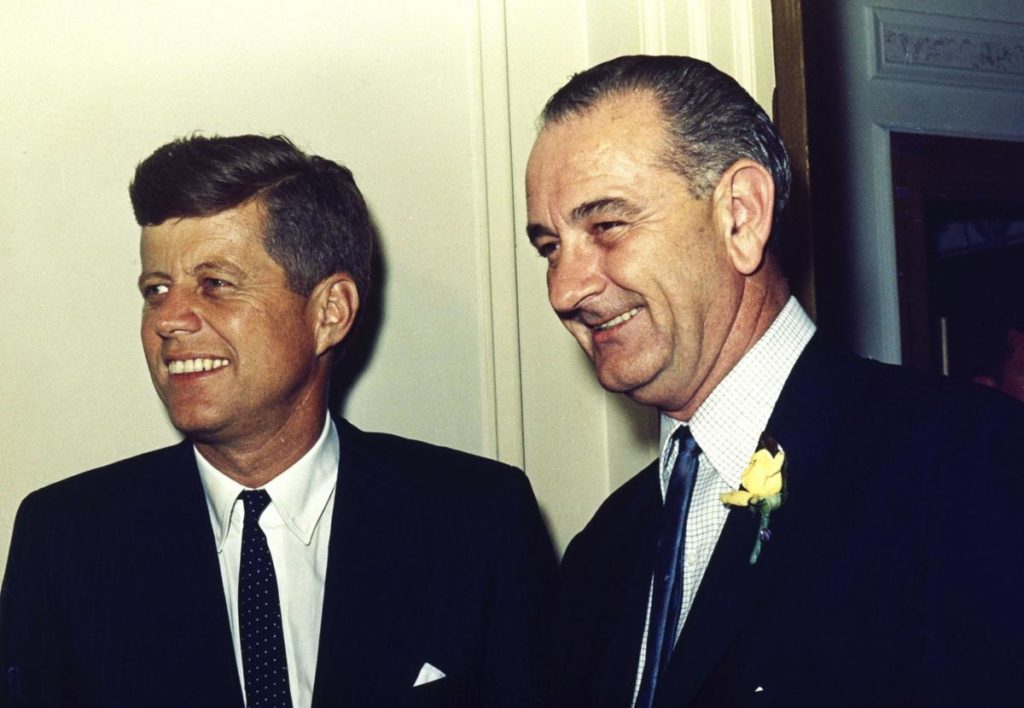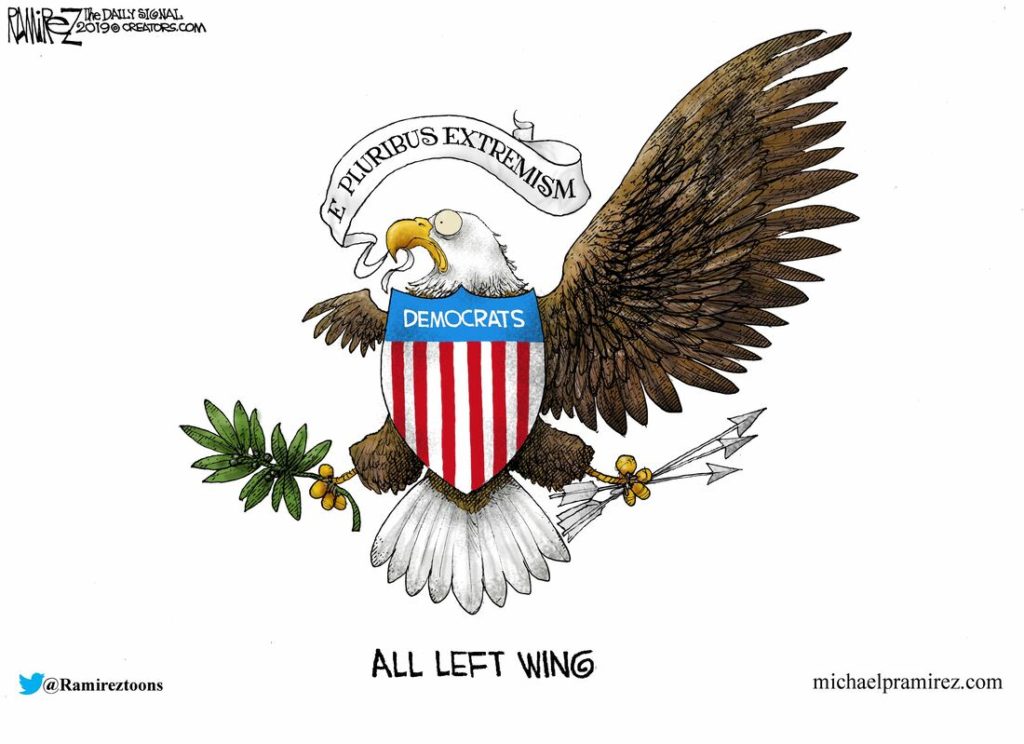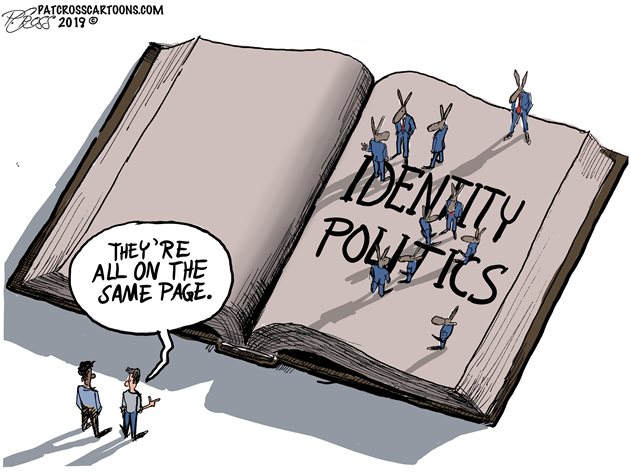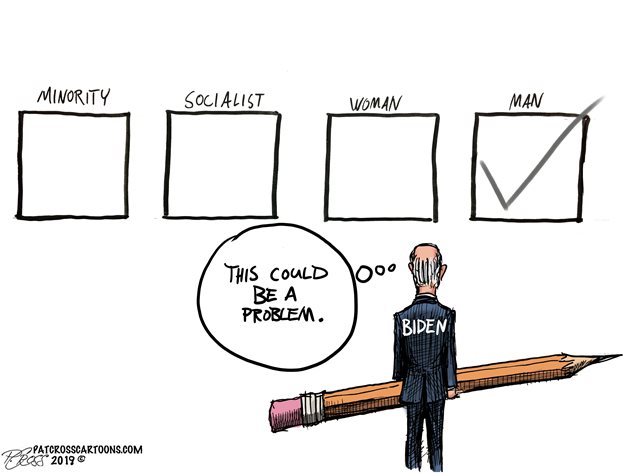Way back in the Dark Ages of my life, I thought I was a Democrat. I was raised to think—not ideologically, but culturally—that all the good common people were Democrats. I wasn’t taught this specifically; it was simply my cultural environment. JFK was the charismatic rerun of Camelot; LBJ was the champion of the poor and the downtrodden. How could I not be a Democrat?

Going to college, though, turned me toward Republicans. That was certainly counter-cultural during my years at Purdue University (1969-1973) when the “evil” Richard Nixon was president and hadn’t stopped the Vietnam War yesterday. I definitely was swimming against the radical tide. When my first opportunity to vote came, I voted Republican. I was beginning to understand that a great divide was opening up between liberal and conservative in a way that had been more hidden in previous years.
By the time of Ronald Reagan’s presidency, I was totally on board with conservative political philosophy and have remained so ever since. Meanwhile, the Democrats have taken a wild turn to the Left in a way that would surprise Democrats of the 1950s.

They have subdivided Americans into various groups with their own “identity,” thereby inculcating a deep sense of grievance over past treatment, resentment, anger, and endless demands for public penance, even by those who never have perpetrated that mistreatment. The book of Hebrews refers to this as a root of bitterness that will infect all who come under its influence.

The Democrats are now so focused on diversity that one man running for their presidential nomination is feeling a little left out.

Let me be clear about Joe Biden: he has a history, going back into the 1980s, of being one of the most divisive, arrogant politicians on the planet. Memories of the Robert Bork Supreme Court nomination stay with me. Biden was one of the key opponents of a man who was uniquely qualified for that position, yet who was rejected purely on ideological grounds because he wasn’t liberal enough—and was nominated by that “evil” Ronald Reagan, the guy who, we were told incessantly, wanted to starve widows and orphans and throw them out on the street.
So, no, I don’t have any sympathy for Biden’s present conundrum: he helped create it. What really strikes me, however, is that, in comparison with the other 200+ Democrats running for the nomination (a slight exaggeration there), he almost comes across as conservative—almost.

Does anyone want to bet, though, that Biden will have a few epiphanies throughout his campaign and will begin to sound no different than the other candidates? I have no doubt he can be ideologically flexible; after all, winning is everything, right?
After all I’ve written here, some may be wondering why I titled this post “My Political Wilderness” when it should be obvious I cannot support Democrats. Since I’ve always been a Republican, why should I consider myself in a wilderness? That might have something to do with what the Republican party has now become.
That will be the subject of Part 2. Please come back as I explain next time why I’m experiencing the anguish of a political wilderness.
